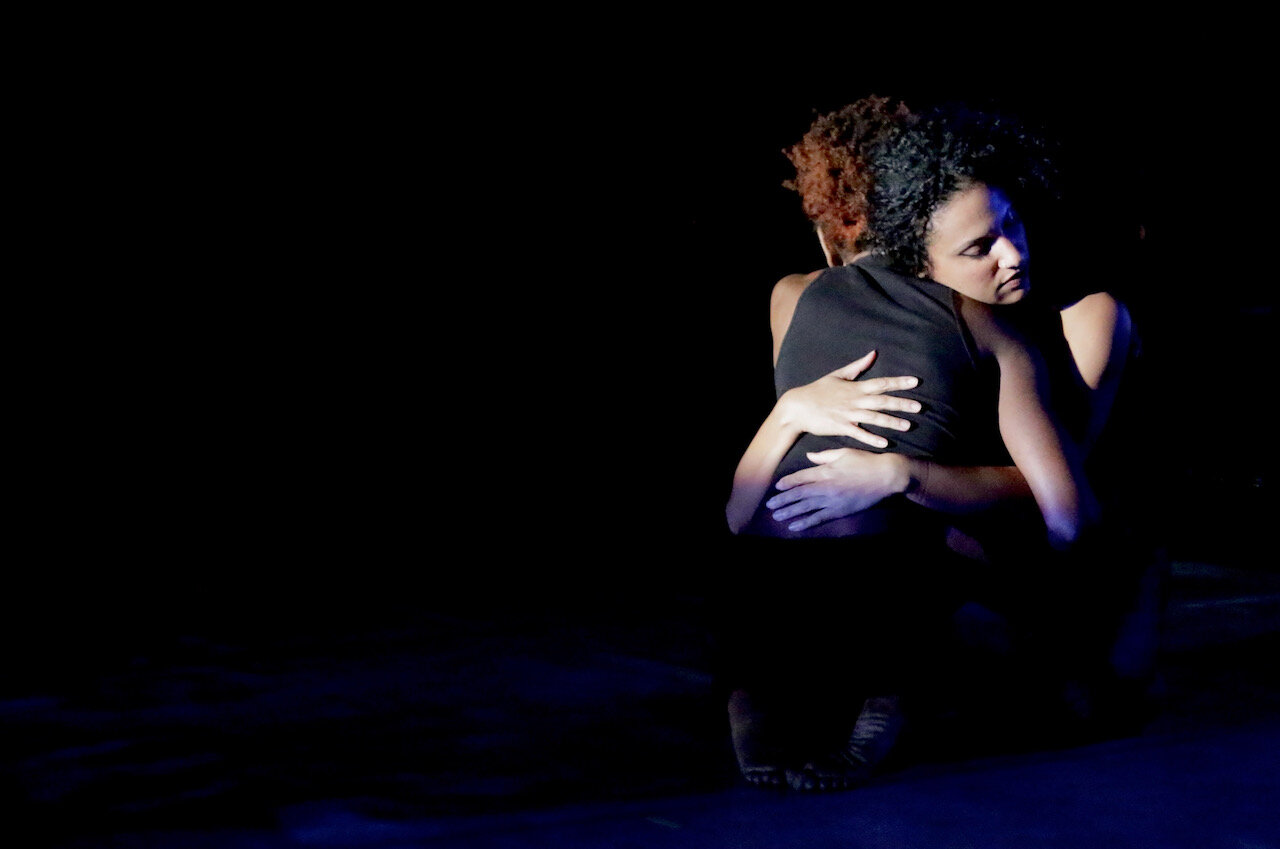
Embodied Facilitation
I design experiences that illuminate the wisdom of our conscious bodies, helping people and teams inhabit collective leadership and create working cultures reflective of their shared values and goals.
Through non-verbal practices that centre felt-sense experience as a source of knowing, I make visible the habitual behaviours and dynamics inherent in collaborative environments. Transforming how we see, hear, feel, and sense the world around us transforms our relationship to it. This is how we learn, evolve, create and expand into new possibility.
Embodied Practice as a Worldmaking Process
One of the features of the Western world paradigm is the false separation of mind and body. Descartes’ familiar maxim, “I think, therefore I am” has created a world where we falsely understand thinking to happen in the mind, separate from our sensing, feeling bodies. In this paradigm, we are practiced at centring the thinking mind as the locus of decision-making and problem solving, while subjugating the body’s intelligence. We overvalue conceptual thinking tools (data, logic, theory, analysis) and regularly bypass the wisdom inherent within us AS bodies whose intelligence (and thinking) arises from our ongoing, interactive, movement-driven engagement with our world.
Embodied movement is the mediator of all thinking processes. We perceive and interpret our reality, make decisions, and take action with and through our conscious bodies. When we work with embodied practices, we are working at the level of conscious and unconscious habits of being including rituals of belonging, codes of behaviour, cultural norms, and enacted beliefs. By working directly with these conditioned habits, we become aware of the ways in which our behaviours are a reflection of the world that has shaped us. This shaping happens not only through our past experiences and ancestral histories, but also through natural and built environments, as well as through the systems, structures, organizing principles, and cultural practices inherent in our social field.
Greater self awareness leads to greater agency and choice. Through expanded awareness, we can practice new responses to familiar situations, expanding into new possibilities of relating to ourselves, others and our world. This relational, mutually affective process between self and world is what I refer to as embodied worldmaking. It is how we make the world and how the world makes us. It is how we participate in the collective act of co-creation as living beings on a living planet.
Supporting innovation through co-creation.
Embodied Leadership
Embodied Leadership combines felt-sense experience, emotion, language and meaning to inform decision-making and action. It understands the body as a self-in-the-world being. Embodiment animates integrated ways of knowing in order to make sense of ourselves, each other, and the world around us. When we engage in embodied practice over time, we challenge our default behaviours and expand into new possibility. Practices that engage the body’s wisdom helps us manage distraction, resolve disconnection, communicate effectively, navigate ambiguity, become resilient under pressure, and achieve creative outcomes.
Embodying our highest leadership potential means becoming self-aware and accessing our full attentional capacity. It means connecting and relating empathetically. It means working ethically with others to co-create shared futures.
Creating cultures of care and wellbeing.
Embodying Wellbeing
When we are well, we embody a natural state of open expansiveness where we can simultaneously feel both calm and energized. We feel present to our experience by being in touch with ourselves and also open and receptive to others and to the world around us. In this state we are curious, creative, and able to hold multiple, even contradictory, perspectives. We are collaborative and able to learn and evolve. We can imagine a positive future.
How can we better support people and teams, in community, as they navigate conditions of uncertainty caused by the ongoing effects of the pandemic?
Working well together across our differences.
Building Inclusive Ensembles
What are the practices that support generative, inclusive collaboration?
Recognizing our default habits as members of an ensemble, and developing our ability to fully sense, perceive, and respond expansively to what a moment is asking of us are capacities that help us work well together across our differences.
To build our collaborative muscles, we can cultivate practices that help us stay well under pressure, including how we recover a sense of connection after encountering difficult experiences. We can explore how our perceptions, decisions, and actions contribute to shaping group dynamics through embodied play. We can practice strategies that will help develop our capacities for deep listening, navigate power dynamics, adapt to change, and ultimately contribute to positive, equitable relationships within a diverse group working toward shared aims.

Embodying New Worlds
Creating a more just society for all.
In this unprecedented moment in human history, we, as members of a common global community are simultaneously navigating a Global pandemic, in the midst of a global climate emergency, in the midst of a growing resurgence of social Justice activism. An old world is falling away while a new world has yet to emerge.
The moment of disruption created by the global pandemic has also created a parallel disruption in us. It is a reflexive moment where the self and system have both become simultaneously conscious of a lived reality in novel ways. This moment is pointing clearly to the way that we humans are inextricably interconnected, not only to each other but to the dynamic, social and ecological systems we live within. The phenomena of self and world can’t be uncoupled.
This emergent self awareness is an incredible gift because it is a catalyst for transformation. If you ask yourself, Do I feel safe? Do I feel cared for? Do I feel a sense of belonging to a community? Do I feel engaged in civic life? Do I feel nourished? Do I feel able to provide for my basic needs? Do I feel that I am treated fairly? Do I feel at ease in the world? Do I feel at ease in my body?, what is your honest response to these critical questions about how we live together?
If the systems we exist inside also exist inside of us, can we then consider the body as a site of transformative change? Can we reclaim our bodies as home for the self? As a site of knowing, resistance and revolution?



